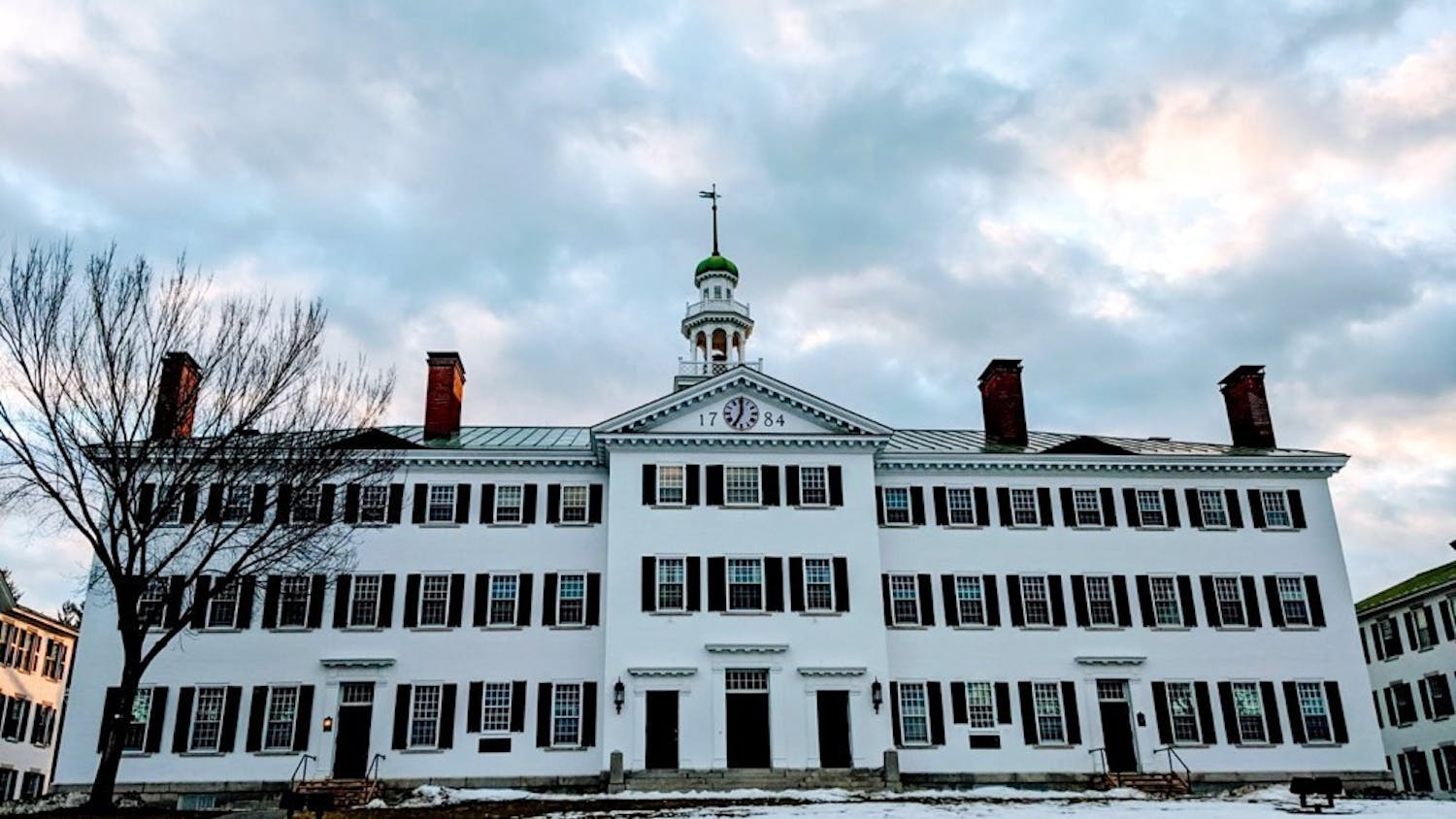As national and global attention focus on their home state, Floridian students at Dartmouth have their own divided opinions on one of the biggest election controversies this nation has ever seen.
When asked what they felt about their home state possibly choosing the next President of the United States, some were very cynical and expressed their strong feelings about the corruptness of the state and its government, which has had trouble with election fraud in the recent past.
"Florida can't handle anything. This does not surprise me. It's only indicative of how poorly run the whole state is," Shelley Sandell '01, a Palm Beach resident, said.
However, most students replies mirrored those of Jennifer Savoca '04, who said although she is excited that her vote "really counts," she feels that "there is too much emphasis on the fact that Florida will be choosing the next president."
"It's quite interesting that the election turned out the way it did ... but it could have been any state that turned its ballots in last," Sandell said.
Several others pointed out the fact that Florida is only one out of 50 states, and it was the other states that kept the election so close.
Most students thought that Florida was doing the best it could under the circumstances, and no one protested the automatic recount required by state law.
"No matter what decision they [Florida election officials] make, someone will demand something else from them. In an election this close, not everyone can be happy," Lacy Benson '04 said.
However, a few Floridian students did blame their state government.
Sandell pointed out that a sample of the now-infamous "butterfly ballot" was sent to voters in Palm Beach prior to the election.
"There were no complaints before the vote was cast, only after. There are always errors in individual voting; I presume Palm Beach County's were just highlighted by the media more so than others," she said.
Other students were rather evenly divided on both sides of the issue of the "butterfly ballots."
Mildred Cambero '04 claimed that she "personally [didn't] think it was so confusing but obviously 9,000 people who were attempting to use their constitutional right to vote did ... that is why I believe a recount is necessary."
Oliver Bernstein '04 maintained, however, that Florida "will certainly never see these ballots again, but being an informed voter also includes following directions."
Most others either blamed the ballots or the voters, but only one claimed to desire a revote, instead of only a recount.
When asked when they thought the elections would be decided at last, most answered that they had no idea. Other estimates ranged from several weeks to even beyond the Inauguration.
"I think that this situation will never really go away. It is going to go into the history books as the election of the president that half the country did not want," Benson said.
The lawsuits now pending in Florida, both those of citizens suing the state over disenfranchisement and those of the Bush campaign suing to keep the process out of the legal system, are looming over every action taken by the state government.
"I think that as time-wasting as these are, [the lawsuits] are fully within the laws of our government and should be allowed. This whole issue is a test of our constitution and laws; it will be interesting to see how well they really work," Joseph Thistle '04 said, seeing the impending lawsuits in a consitutional light.
Joseph Prechter '04 was rather nonchalant about the lawsuits, claiming that "50 percent of the people like Bush, 50 percent like Gore, 50 percent want a revote or recount, 50 percent don't. Lawsuits will fly, but we'll see what happens."
All the Floridian students who spoke to The Dartmouth voted in the presidential elections, though only some voted by absentee ballot in Florida.



